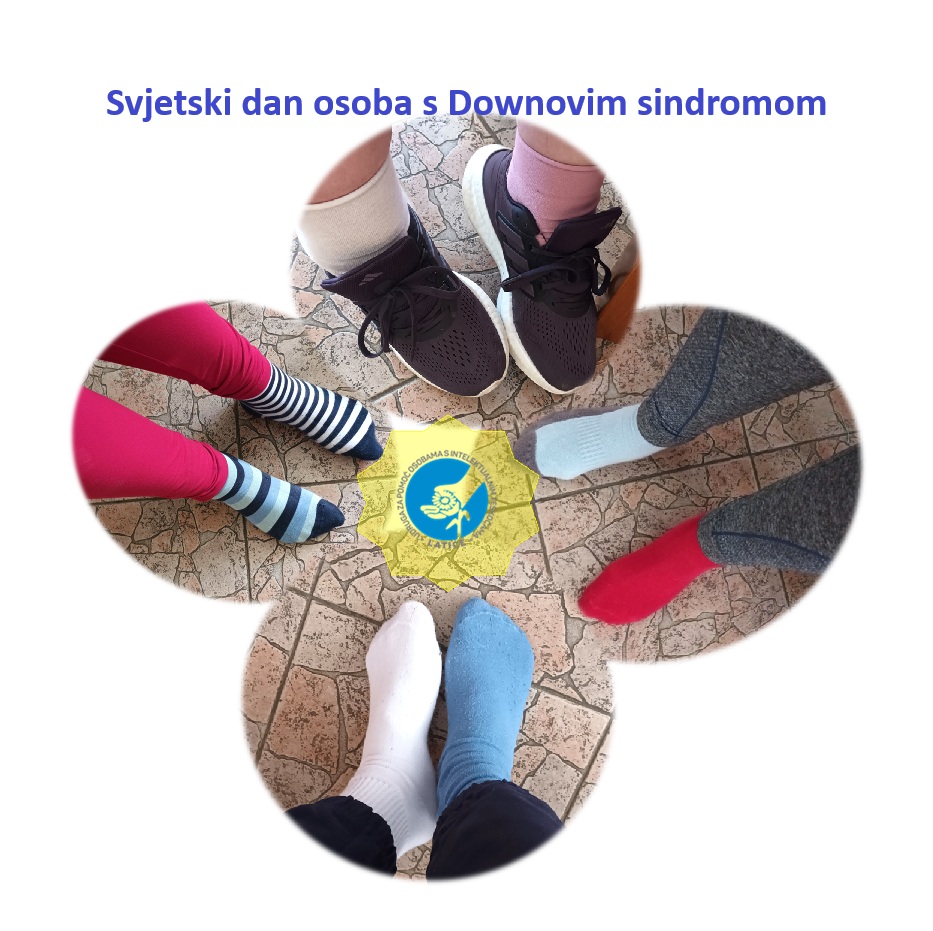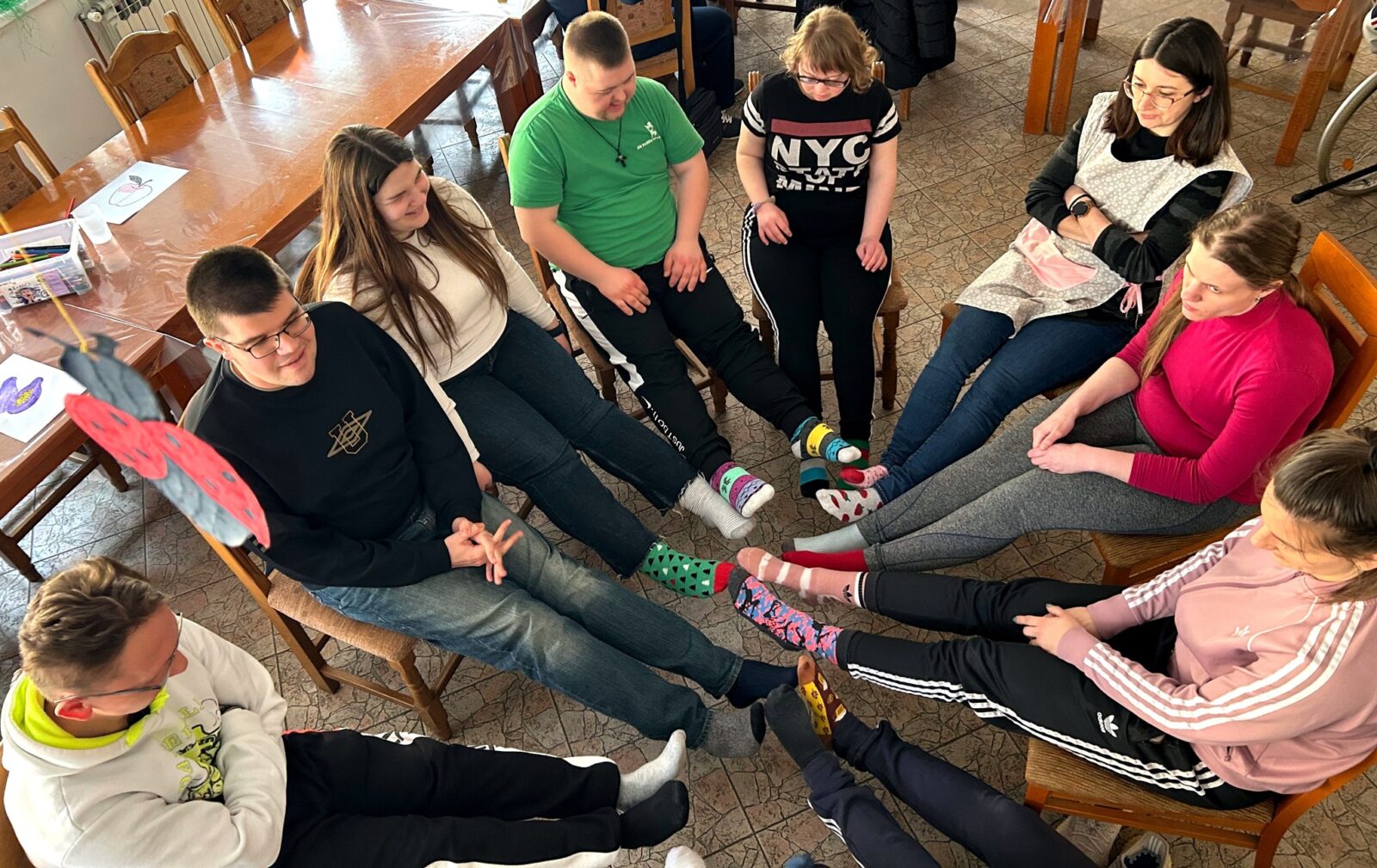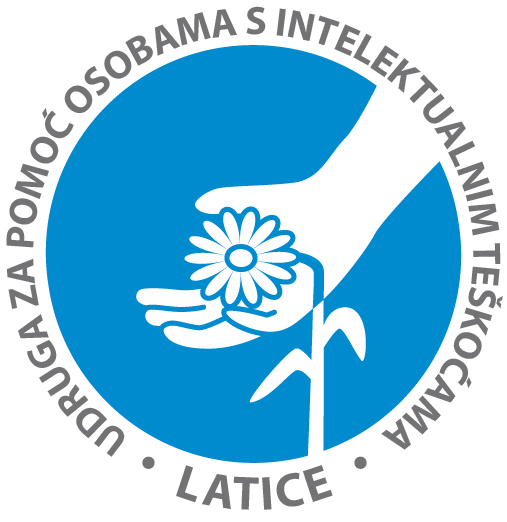
For many, it's just today, and for some of us, it's everyday life. World Down Syndrome Day is an opportunity to remind ourselves once again that diversity unites us and that love is the most important emotion. And Petals They offer their love to you every day. Thank you for your support. ![]()
World Down Syndrome Day was first celebrated in Singapore in 2006, and has been celebrated annually since then to raise public awareness of the problems and challenges faced by people with Down syndrome and their families, emphasizing that they are full members of our society.
Down Syndrome International officially designated March 21 as World Down Syndrome Day, which the UN accepted on November 10, 2011, thereby expressing its support for protecting the rights of people with this syndrome throughout the world, especially in developing countries.
The date March 21st was symbolically chosen because of the most important characteristic of this genetic disorder – the tripling (trisomy) of the 21st chromosome, which leads to an increased number of chromosomes, so that instead of 46 chromosomes, people with Down syndrome have 47 chromosomes.
This year, Down Syndrome Day is dedicated to "Improving Support Systems" and emphasizes that every person needs support in certain life situations, and people with Down syndrome especially need support in integrating into community life and participating in social activities like all other people.
2025 is focused on raising awareness of the need to improve support systems because it is a key human right that helps in the realization of other rights. The need for support varies from person to person. It appeals to the state, the social protection system, technological support, accommodation adaptation, transport adaptation and public and community information to come together and help to do as much as possible for people with Down syndrome in order to increase their inclusion in active life.
Down syndrome accounts for approximately 8% of all congenital anomalies, and estimates suggest that an average of one child with Down syndrome is born in every 1,000 live births worldwide today. It occurs in people of all races and socioeconomic statuses, but the likelihood of having a child with the syndrome increases significantly in women over 35 years of age.
National prenatal screening programs for Down syndrome have been established in many European countries. Their detection methods have changed significantly in the last two decades, from 49% to 70% of cases.
In the Republic of Croatia, data on people with Down syndrome is monitored in the Register of Persons with Disabilities, which records 2,170 people with Down syndrome. According to data from the birth database of the Croatian Institute of Public Health, about 20 children with Down syndrome are born in Croatia every year. In 2022, there were 27 of them, in congenital anomalies recorded in birth records in a proportion of 3.4%, and in 2023 there were 16 of them and in congenital anomalies they were in a proportion of 1.5%.
The Government of the Republic of Croatia supports all activities for the social inclusion of children and adults with Down syndrome and their families in society and, through its departments, especially the Ministry of Labor, Pension System, Family and Social Policy, cooperates closely with civil society organizations that work programmatically for the benefit of people with disabilities with Down syndrome.


